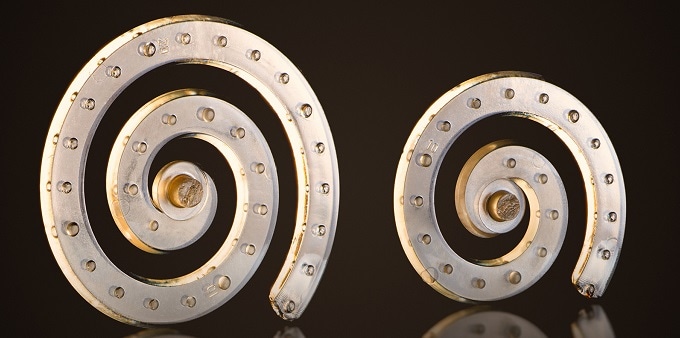BASF has announced that it is expanding its Ultrason® P product range with a particularly low-viscosity grade. The new polyphenylsulfone (PPSU) Ultrason® P 2010 is characterized by improved flow behavior in injection molding while maintaining the excellent mechanical properties of Ultrason® P.

Thus, it is possible to manufacture larger, complex-shaped components, e.g. catering dishes and heat-resistant containers with sophisticated, thin-walled geometries, for catering and aircraft applications. This means that in processing raw material use, energy consumption and component weight can be reduced. The tool also fills up at lower injection pressures and processing temperatures. Ultrason® P 2010 is now available globally in transparent and opaque.
Combining Impact Strength with Chemical Resistance
The new material combines the outstanding notched impact strength and stability of the already available Ultrason® P 3010 with high chemical resistance, good hot steam sterilization at 134 °C and inherent fire resistance. The Charpy notched impact strength is almost ten times higher than that of other amorphous high-temperature materials. Even the combination of aggressive cleaning agents and disinfectants, water and extreme heat does not affect Ultrason® P 2010.
Furthermore, the transparent high-performance thermoplastic is approved for food contact in the EU and the US.
Applications in Catering and Aircraft Equipment
Catering and aircraft equipment are among the most important application areas for Ultrason® P 2010. In hotels, restaurants and canteens, containers and pans made of the BASF PPSU can be used to prepare food as well as to transport meals and keep them warm.
Here the demands on sterilization and resistance to cleaning agents are very high. In aircraft construction, fire resistance is of importance. Therefore, the inherently flame-retardant specialty plastic, which in the event of fire releases little heat and hardly any harmful substances, offers optimal conditions, not only for serving dishes, but also for seat and lighting cladding, air vents and overhead luggage compartments.
Ultrason® is the trade name for BASF’s product range of polyethersulfone (Ultrason® E), polysulfone (Ultrason® S) and polyphenylsulfone (Ultrason® P). The high-performance material is used to manufacture lightweight components in the electronics, automotive and aerospace industries, but also in water filtration membranes and in parts that meet hot water and food. Because of their extraordinary property profile the Ultrason® brands can substitute thermosets, metals and ceramics.